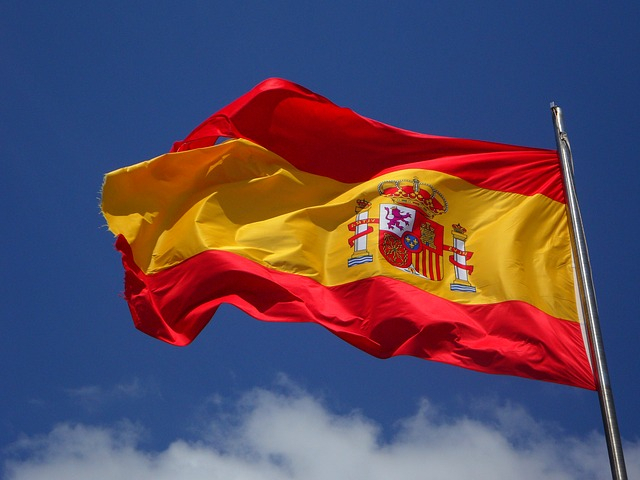The prime minister of Spain Pedro Sanchez is looking to set to secure enough parliamentary votes on Wednesday for extending a state of emergency for another two weeks as the nation relaxes a lockdown imposed for controlling one of the world's worst coronavirus or COVID-19 outbreaks.
The strict lockdown has got the outbreak under control with a daily death tally of 244 which was recorded on Wednesday that is far below peaks of nearly 1,000 that was registered on April start. But it devastated the economy and led to job losses.
Sanchez's government has secured the support of PNV

The parliamentary wrangling on how to orchestrate the exit from the lockdown underlines the divisive political environment in a country that has faced four national elections in four years and where the government must battle for any backing. "Lifting the state of emergency would be a total, unpardonable mistake," Sanchez said in a parliamentary speech on Wednesday, adding that the billions in state aid to help businesses and individuals hit by the lockdown were released thanks to the emergency decree.
Sanchez's weak coalition government has secured the support of the regional Basque nationalist party PNV, in addition to the centre-right Ciudadanos party, which said it would back an extension. This guarantees enough votes to approve the decree despite losing the support of the opposition conservatives, the People's Party (PP). The state of emergency, which expires on Saturday, gives the government powers to control people's movement.
Small businesses such as hairdressers started to open this week with restrictions while Spaniards, under strict confinement since mid-March to control the outbreak that has killed nearly 26,000 people, are now allowed out of their houses for exercise. In a further move back to normality, soccer players from Barcelona FC will return to their training ground on Wednesday to undergo testing for the coronavirus as La Liga soccer clubs plan a return to action in June.
Service sector executives reported a further plunge in activity in April
However, in a sign of how the lockdown has wreaked havoc on Spain's economy, service sector executives reported a further plunge in activity in April from March's record low as businesses shuttered and people stayed indoors.
The economy shrunk by its biggest amount on record, 5.2 percent, in the first three months of 2020 due to the impact of the crisis. The government predicts the tourism-dependent economy could shrink as much as 9.2 percent this year. The decree will be the fourth two-week extension to the state of emergency.
(With agency inputs)









